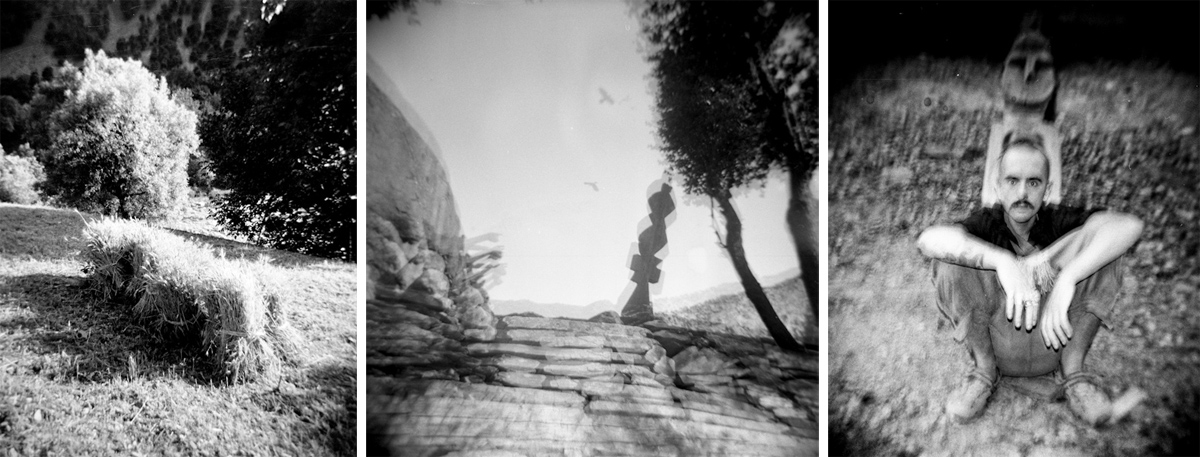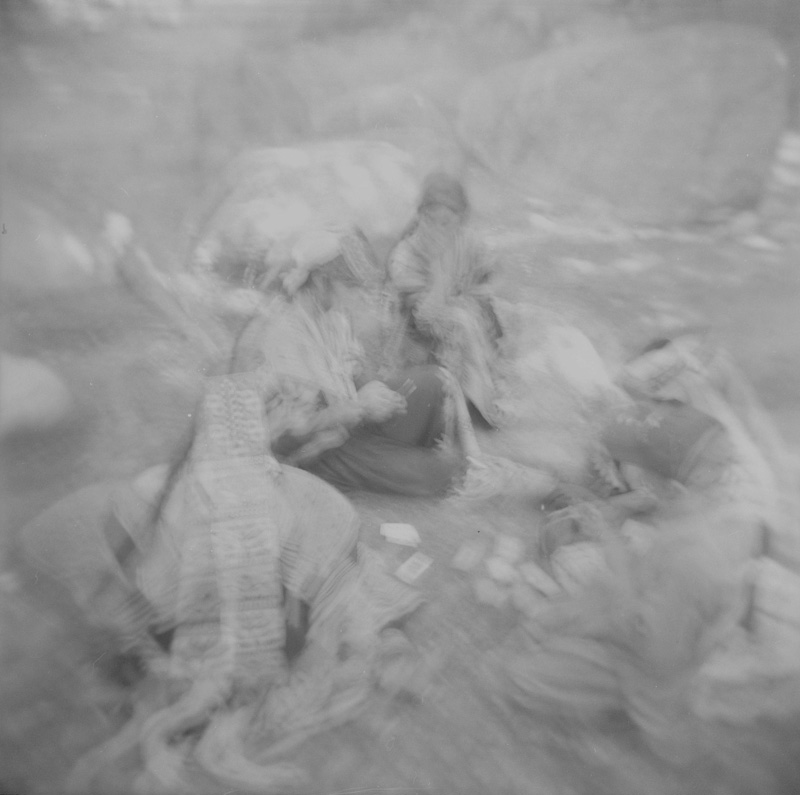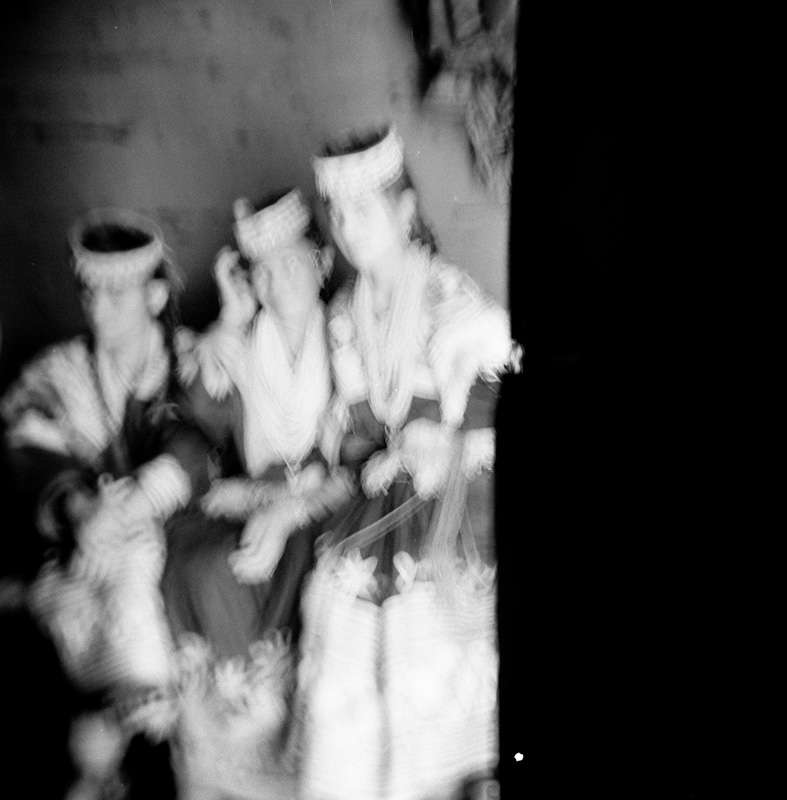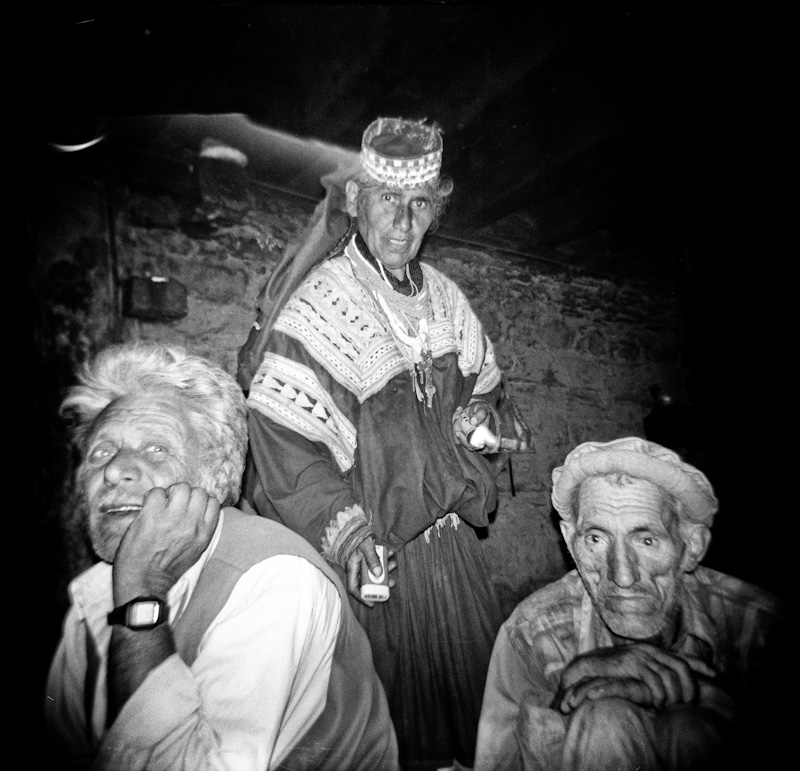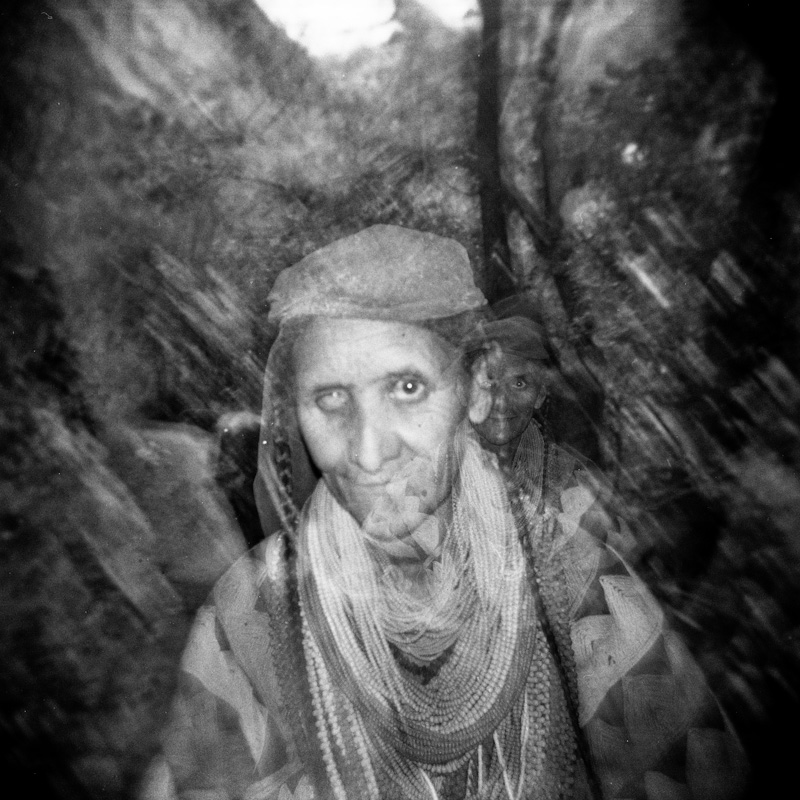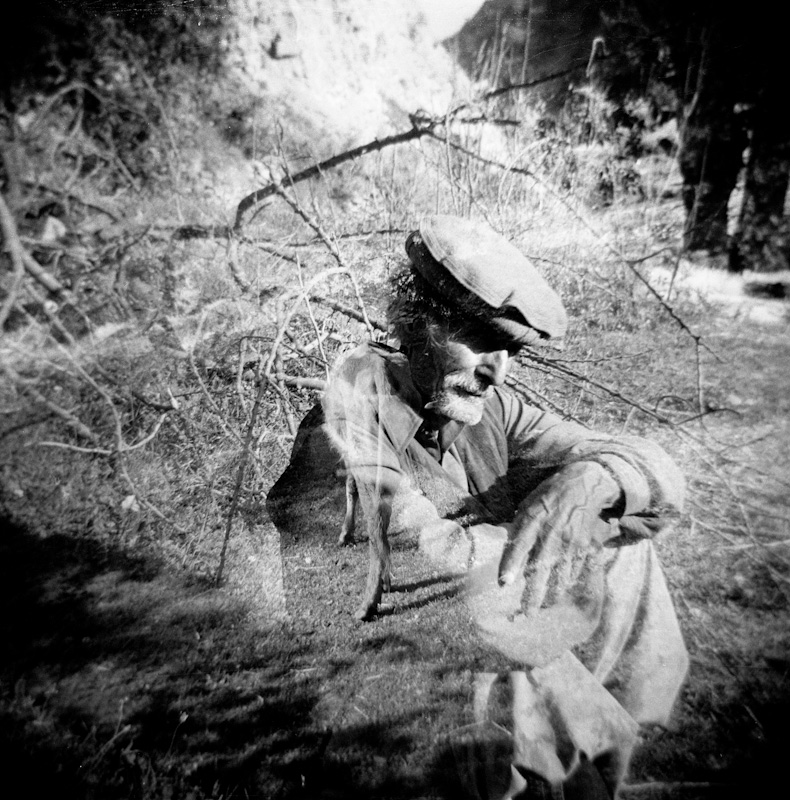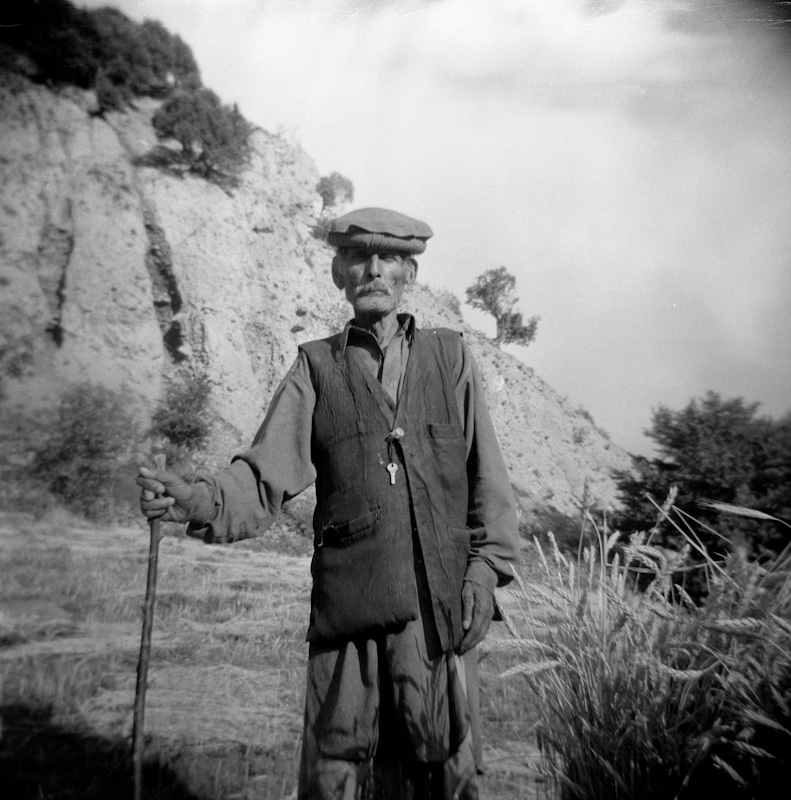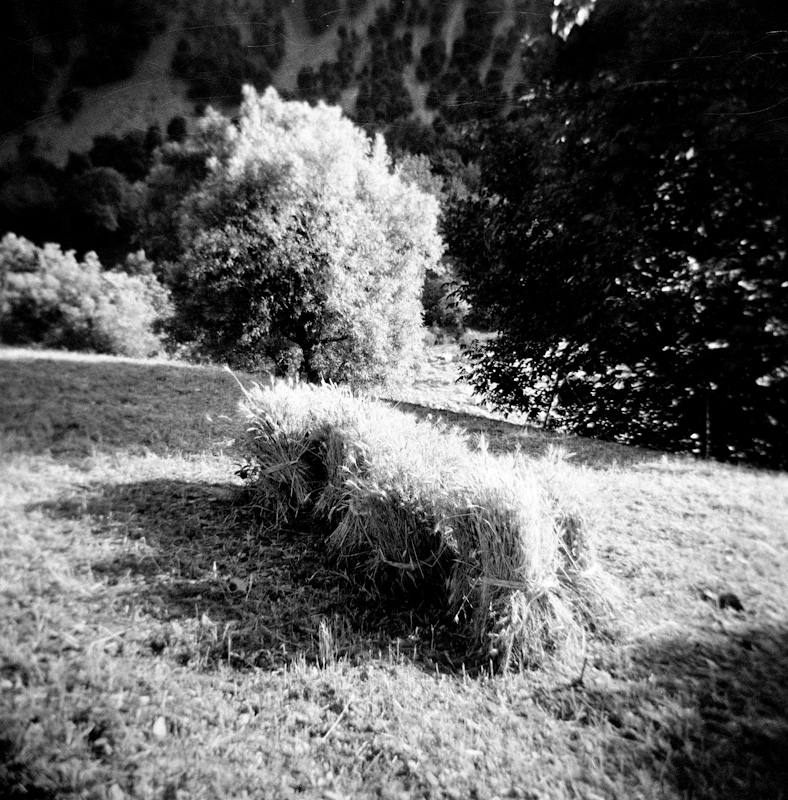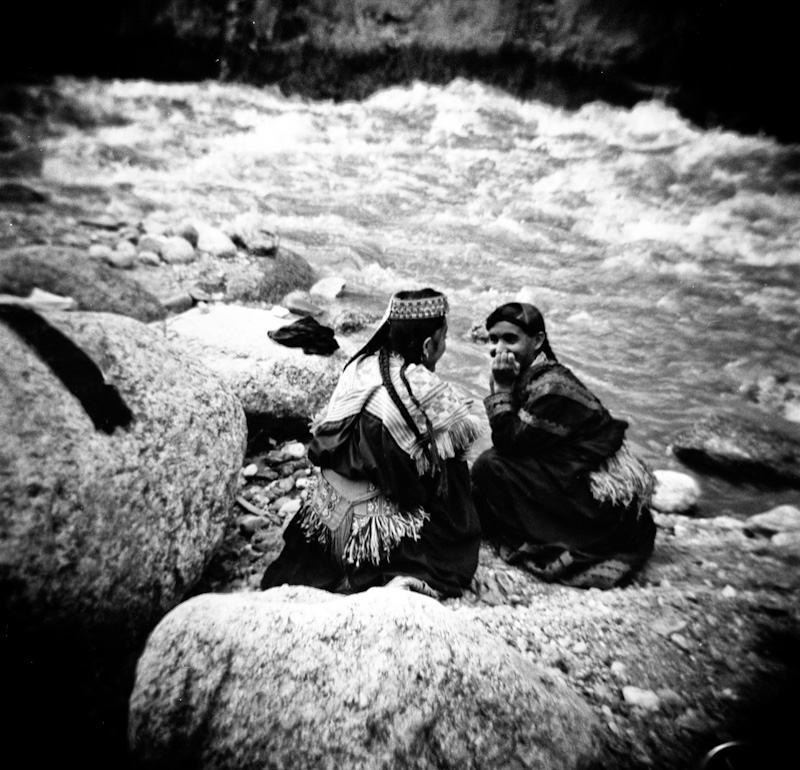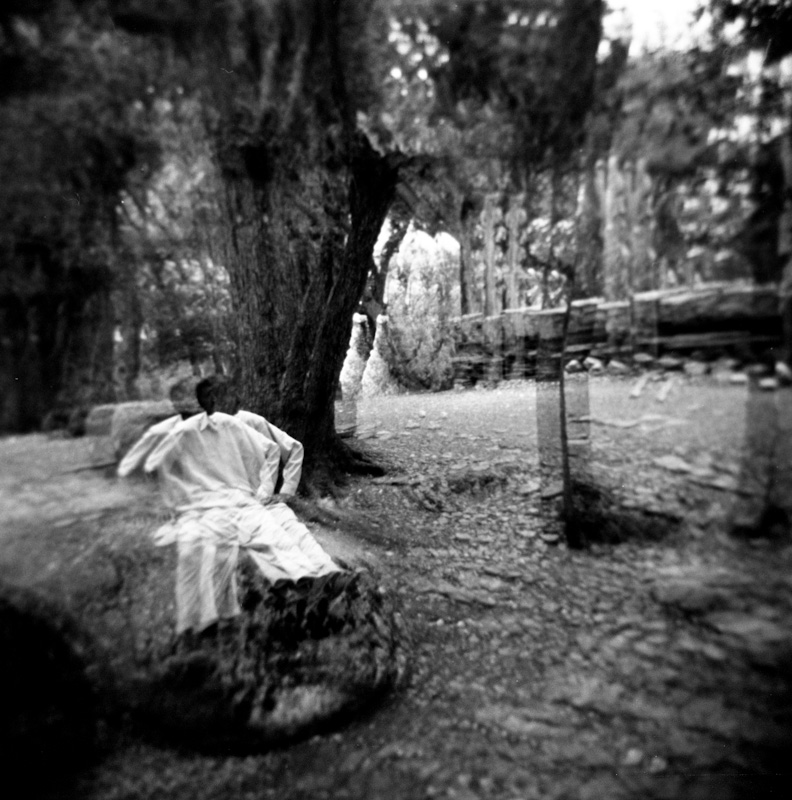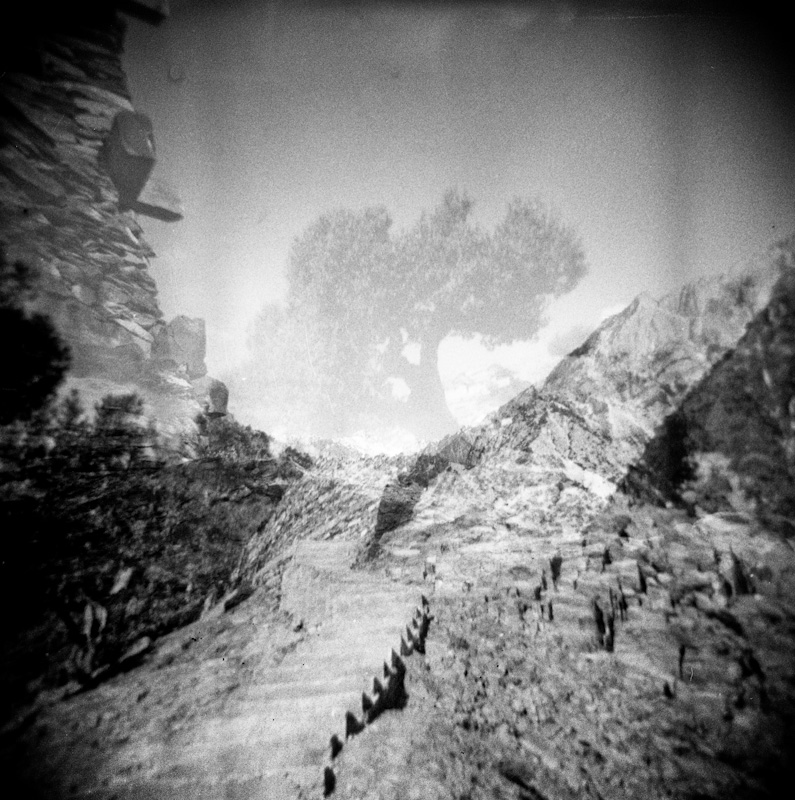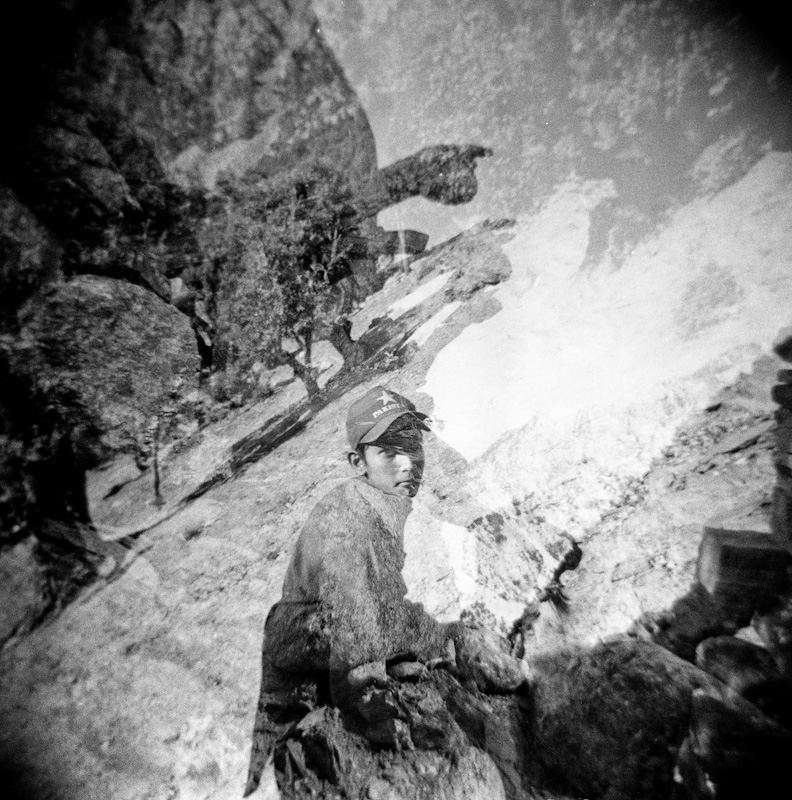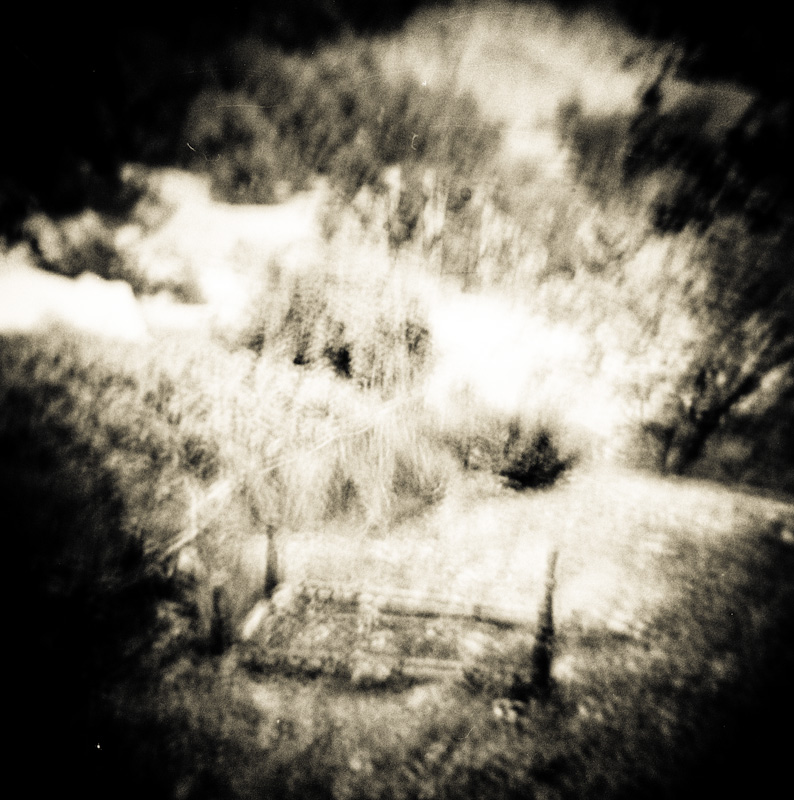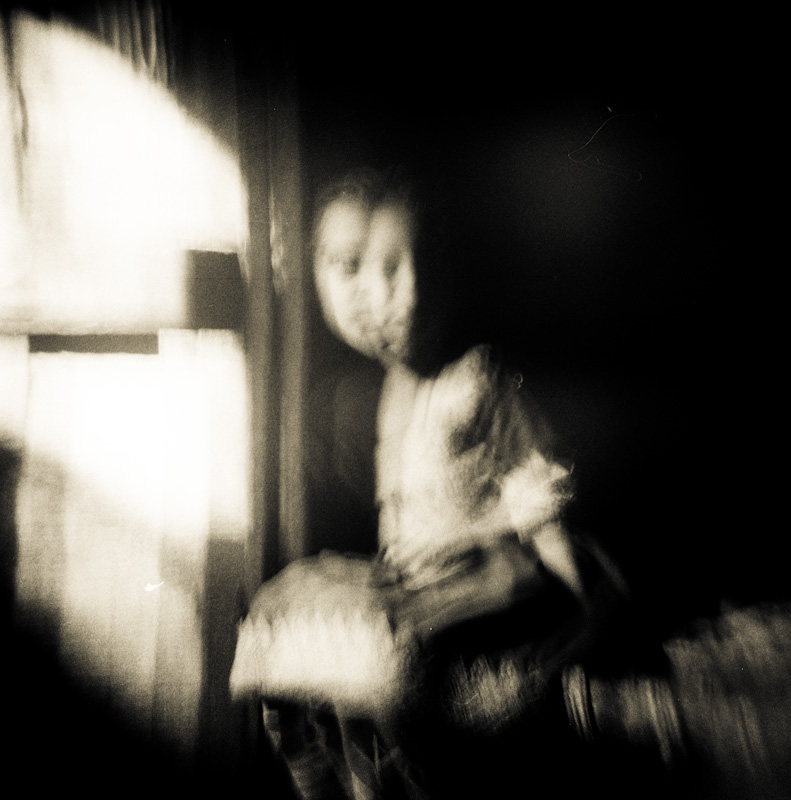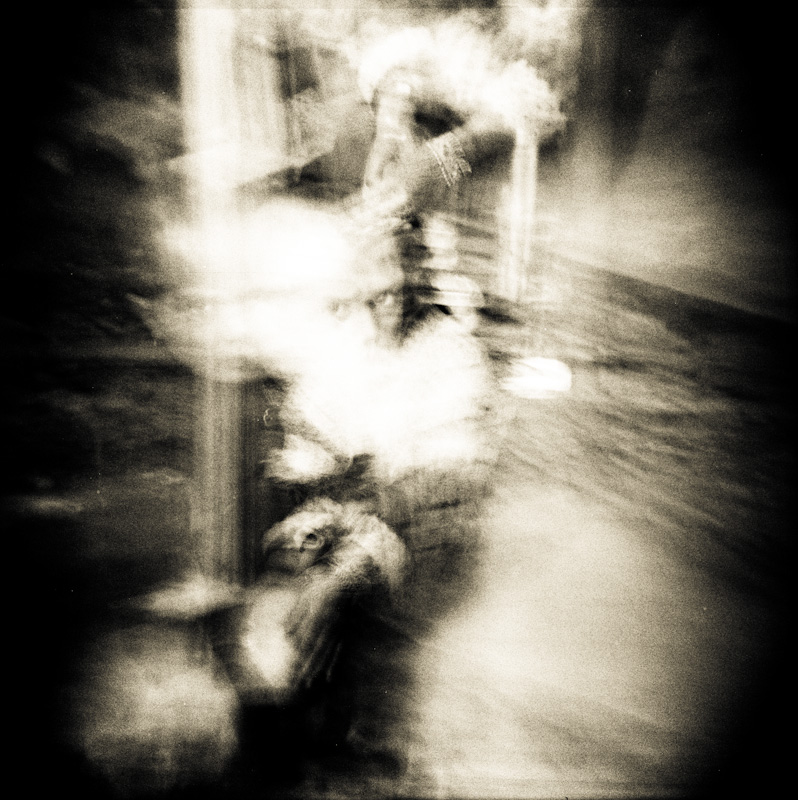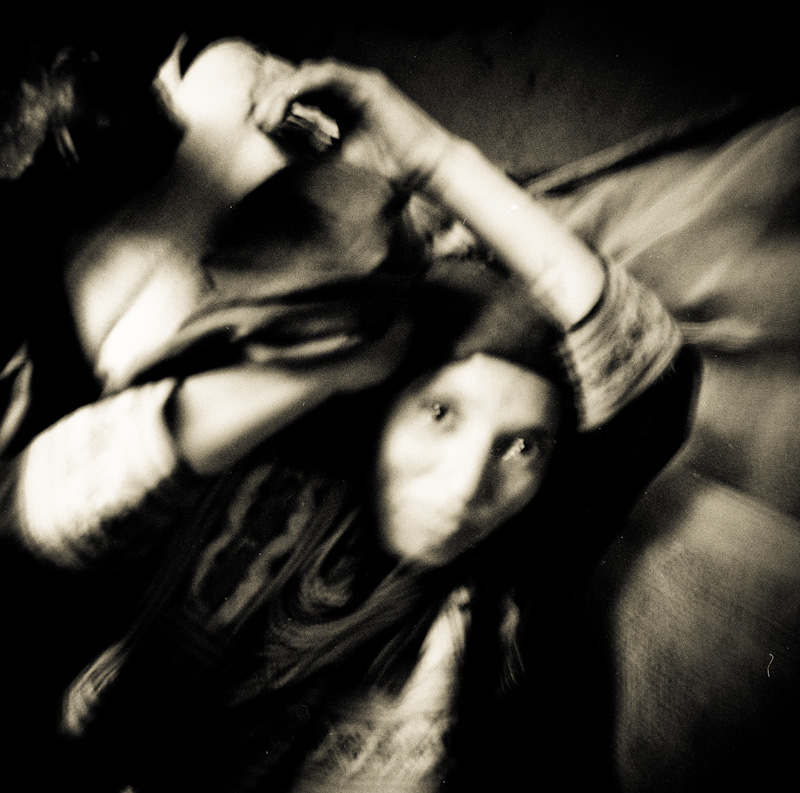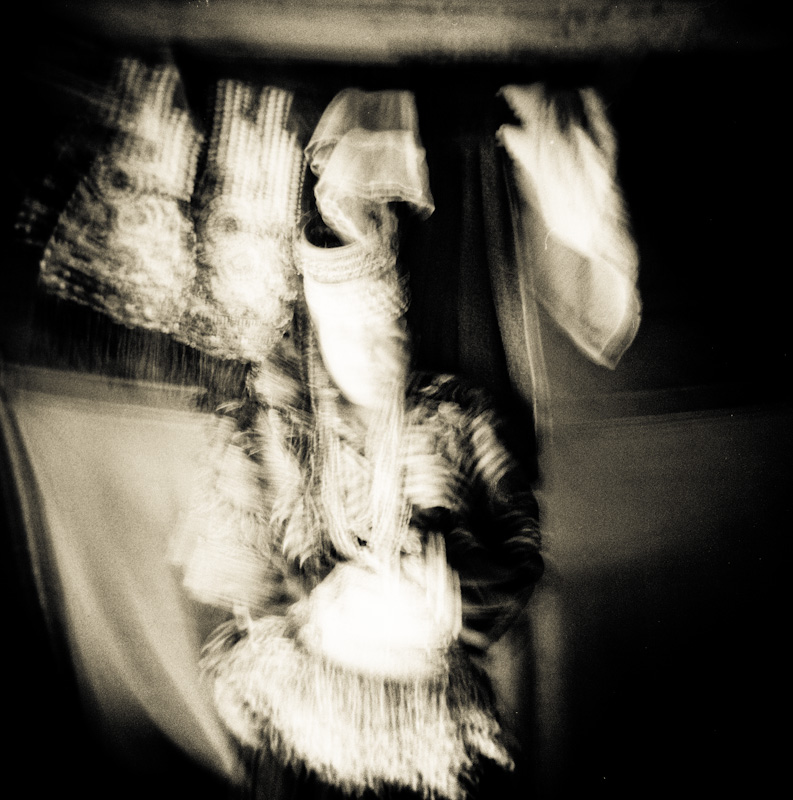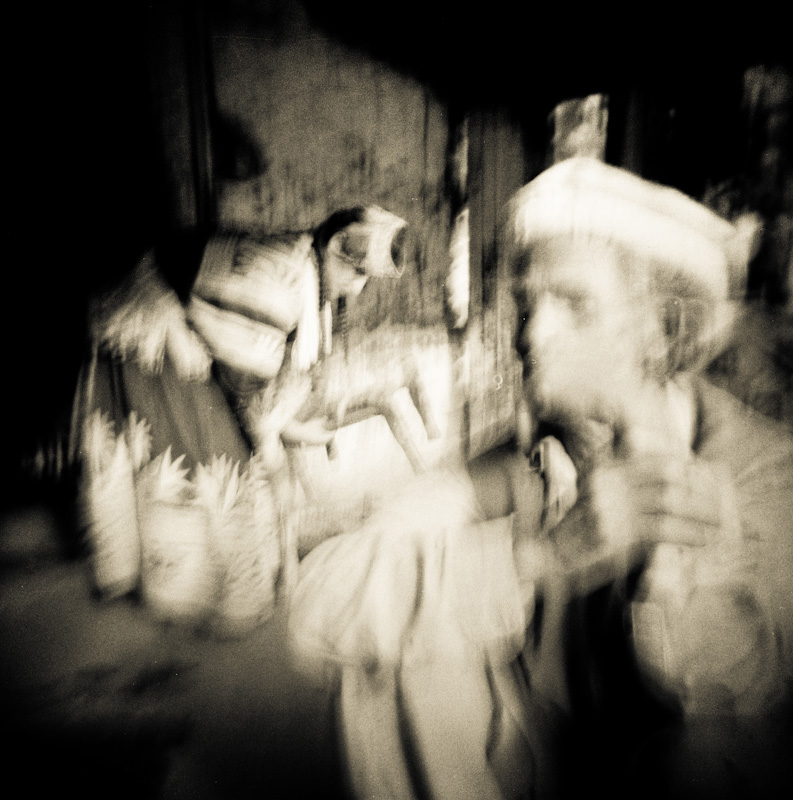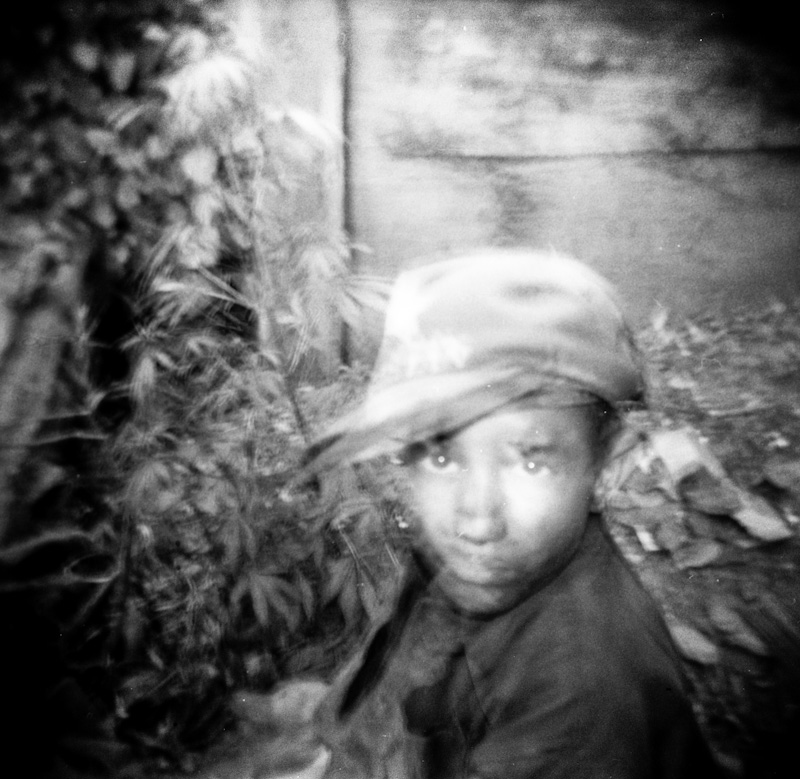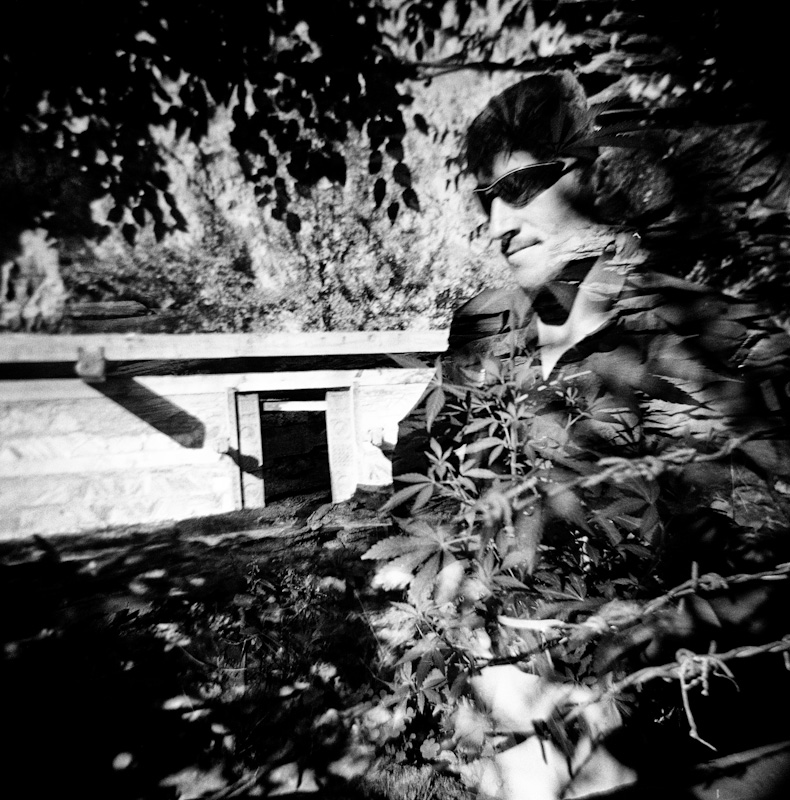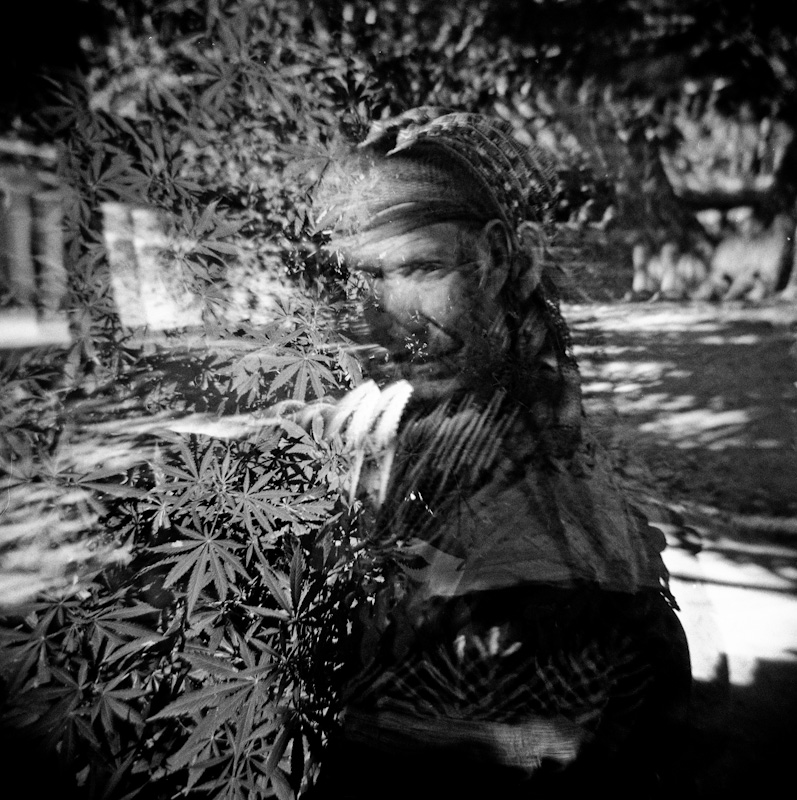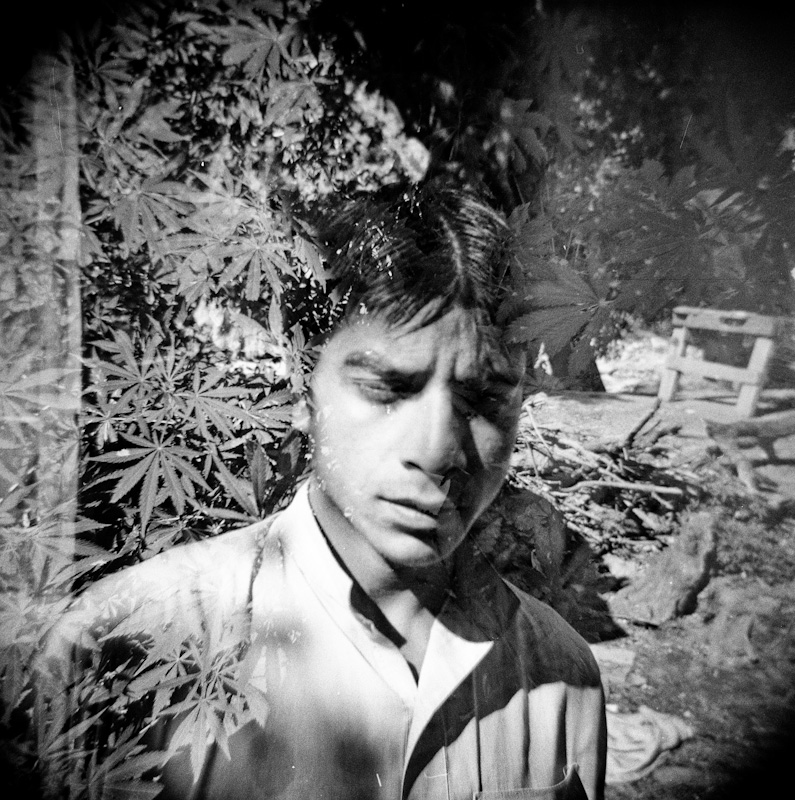The term pagan is from the Latin paganus, an adjective originally meaning “rural“, “rustic”, or “of the country.” As a noun, paganus was used to mean “country dweller, villager.” In their origins, these usages derived from pagus, “province, countryside”, cognate to Greek πάγος “rocky hill”, and, even earlier, “something stuck in the ground”, as a landmark: the Proto-Indo-European root *pag- means “fixed” and is also the source of the words page, pale (stake), and pole, as well as pact and peace.
***
Termin poganin pochodzi od łacińskiego paganus, przymiotnika pierwotnie oznaczającego “wiejski” , “rustykalny”, “ze wsi”. Jako rzeczownik, paganus był używany na określenie żyjących poza miastem, na wieśniaków. W swoich korzeniach te zastosowania są pochodne od pagus, “prowincja, wieś”, pokrewne greckiemu πάγος, “skaliste wzgórze”, a wcześniej “coś wetkniętego w ziemię”, punkt odniesienia, protoindouropejski korzeń *pag- oznacza “ustalony” i jest źródłem takich słów jak pal, pakt i pokój.
[ From the homeland of Kalash, descendants of Indoeuropean shamanic tradition, last pagans of Pakistan. / Z ojczyzny Kalaszy, potomków indoeuropejskiej tradycji szamanizmu, ostatnich pogan Pakistanu ]

